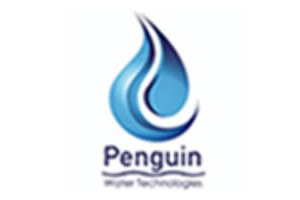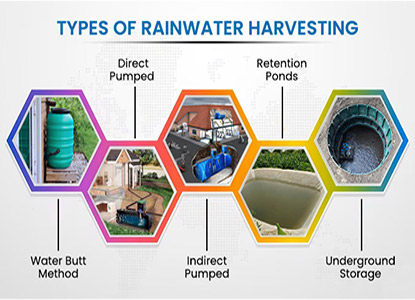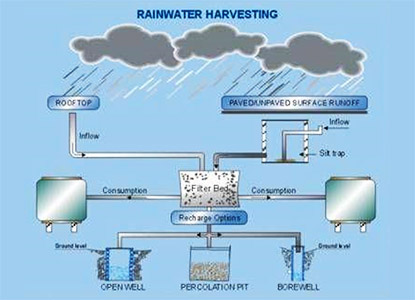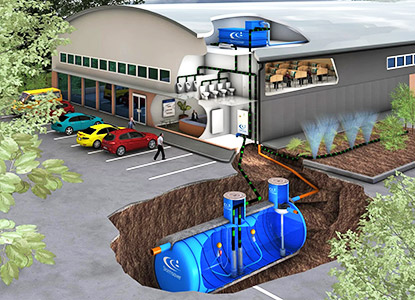Water Harvesting Services in Delhi
Penguin Water Technologies
Aligarh, Uttar Pradesh - 202001Industrial Water Treatment in Aligarh, Industrial Water Treatment in Aligarh, Water Harvesting Services in Aligarh, Water Management in Aligarh, Water Filters Supplier in Aligarh, RO Filters Supplier in Aligarh, Water Filters Repair in Aligarh, Water Filters Service in Aligarh, , , , , , , , ...
Get FREE CALLBACK
24x7 Support Available








